- Mon - Fri | 9:00AM - 9:00PMSat - Sun | 9:00AM - 5:00PM
Other Medical Conditions We Treat
Arthritis
Arthritis in simple is a condition which affects the joints.
Several types of arthritis prevail however, osteoarthritis (OA) is the more common condition.
In OA, the joints' cartilage are affected, leading to pain and swelling.
It usually affects people aged 40 and above.
The most common complaints include pain and inflammation.
A physio assesses a patient to determine the grade of arthritis and the associated functional limitations due to it.
Once the physio arrives at a clear diagnosis, he/she usually aims to bring down the pain and inflammation first, before prescribing a suitable and personalised exercise plan.
There are many instances, where people have overcome the problem and managed to climb Everest after strengthening their muscles around the joint to support the joint.
Though arthritis can sometimes become severe and end up as a crippling disorder, most times treatments are successful
Other options do include surgery and knee replacement. This only happens in rare cases and when not addressed in the early stages of the problem.
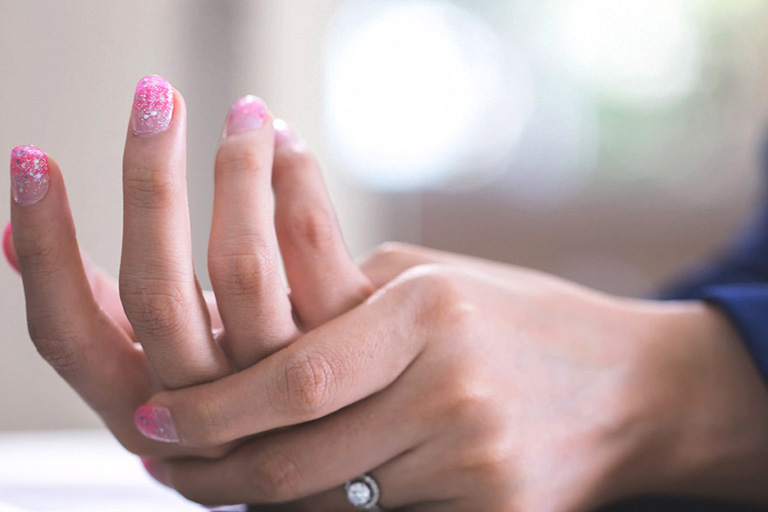
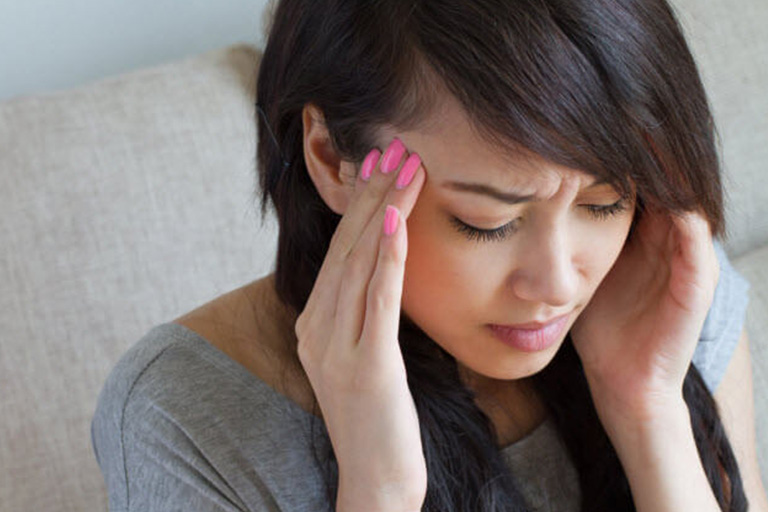
Dizziness, Vertigo, and Imbalance
Dizziness is a term used to describe a range of sensations, such as feeling faint, woozy, weak or unsteady. Vertigo refers to the sensation of spinning. Dizziness that creates the false sense that you or your surroundings are spinning or moving is called vertigo.
Vertigo usually occurs due to disorder in one or more part of the vestibular system structures such as inner ear, the vestibular nerve, brainstem, and cerebellum.
The most common cause of dizziness and vertigo is BPPV (Benign Paroxysmal positional vertigo). Inside your inner ear, there are three canals filled with fluid.
These vestibular canals form angles with each other and the oscillation of the fluid inside vestibular canals helps us identify exactly the direction, speed and the distance our head is moving. Within the fluid canal are present small calcium carbonate crystals. When these crystals dislodge and escape into the other parts of the balance organ and interfere with your vestibular system, it results in BPPV.
Usually, these crystals are held in special reservoirs within other structures of the inner ear (saccule and utricle). It is thought that injury or degeneration of the utricle may allow the ‘ear rocks’ to dislodge and escape into the balance organ and interfere with your vestibular system.
Your physiotherapist or doctor may use several tests to diagnose BPPV, understand the cause and treat your BPPV.
Click here to learn more about vestibular rehabilitation at River Physio.
Headaches
A painful sensation in any part of the head, ranging from sharp to dull, that may occur with other symptoms. The common type of headaches includes migraine, tension type headaches, cervicogenic headaches, cluster headaches and sinus headaches. Common causes of the symptoms include headaches can have causes that aren’t due to underlying disease. Example includes lack of sleep, an incorrect eyeglass prescription, stress, loud noise exposure etc.
A greater majority of headaches are attributed to cervicogenic headaches, meaning that they are related to the neck in some form of poor posture, stress and other factors can contribute to weakness, strain and injury to the neck muscles and joints. The pain radiates up into the scalp, side of the head, and even the forehead depending on the area of the neck involved.
If you are suffering from headaches, contact our clinic, here we are dedicated to providing you with the best treatments for your headaches.
At your initial assessment, one of our highly trained physical therapists will conduct a physical evaluation and ask you questions about your health history and symptoms, in order to determine what type of headache you are experiencing and where the pain is stemming from.
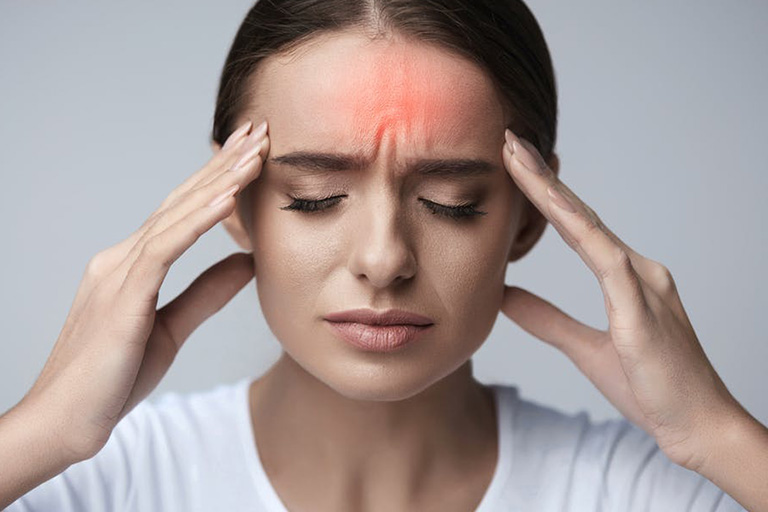

Tendonitis
Physiotherapy is an effective treatment for tendonitis. Tendons connect muscle to bone. Tendonitis is a result of a tendon being inflamed from an overuse injury, infection or autoimmune disease. common causes include minor or major injuries to the site, overuse injury to the joint, tendon, incorrect posture, infections, inappropriate stretching.
Commonly occurs in the base of the thumb, elbow, shoulder, hip knee, Achilles tendon. Like other forms of inflammation, the main objective is to reduce irritation of the tendon. Common first-line remedies include rest, ice, stretching and topical/oral NSAID use.
When symptoms continue, electrotherapy can be very beneficial modality in reducing irritation to the ligament.
With our well-trained physiotherapist, patients can dramatically, reduce symptoms of pain and inflammation when applied in the conjunction with first-line remedies.
Whiplash injury
A neck strain is often just called whiplash although it's usually associated with car accidents, any impact or blow that causes your head to jerk forward or backward can cause neck strain. The sudden force stretches and tears the muscles and tendon in your neck. Neck strain afflicts amateur and professional athletes. People who play contact sports like football are especially prone to neck strain.
Neck strains are often confused with neck sprains. They are a bit different. Neck strains are caused by damage to the muscles and tendons, bands of tissue that connect muscles to bones. Neck sprain is caused by tearing to the ligament, the tissues that connect the bones to each other. Physical therapy is an effective treatment option for whiplash, especially when combined with other treatments, such as bracing and medications. In whiplash, the soft tissues in your neck are damaged. So we can work with you to restore proper function and movement of those tissues.
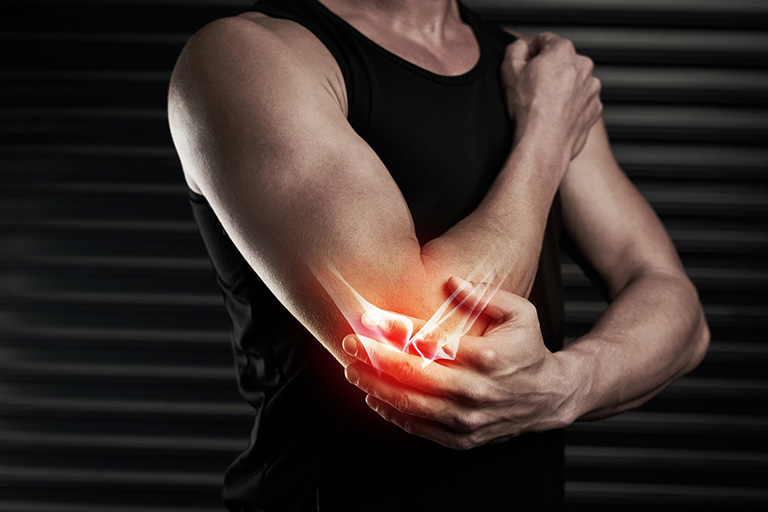
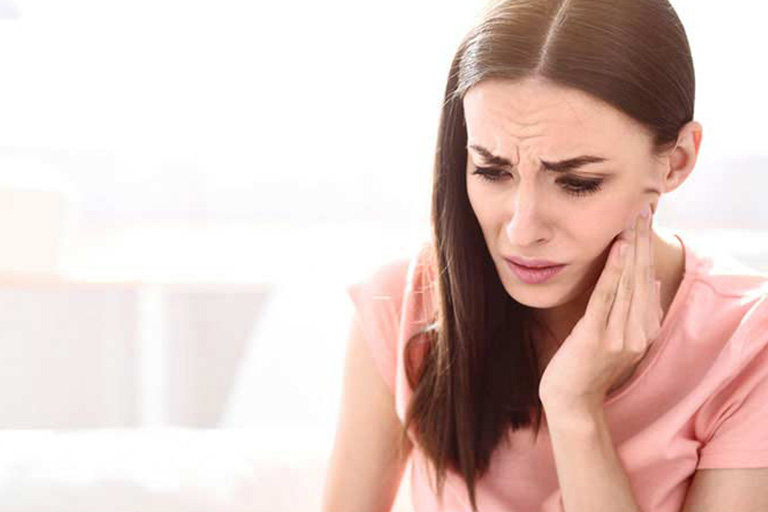
Temporomandibular Dysfunction (TMD)
Your temporomandibular joint (TMJ) also known as your jaw joints, the most used joint in the body. Your TMJs are involved with eating, talking, breathing and probably most importantly, expressing our feelings and emotions. The most common symptoms of TMD include jaw clicking, popping, grinding, limited jaw opening or jaw deviation while opening and an inability to fully clench your jaw.
Some common causes of TMD are masticatory muscle dysfunction, derangement, displacement of TMJ articular disc, bruxism (nocturnal grinding of teeth leads to increased pressure in TMJ and asymmetrical movements), occlusal problems (poor bite), prognathism (underbite) or retrognathism (overbite).
TMD can be diagnosed by a physiotherapist with advanced training in jaw dysfunction. After your TMJ assessment, your physiotherapist will commence corrective treatment if appropriate.
Physiotherapy is normally very successful for the treatment of TMJ disorders
